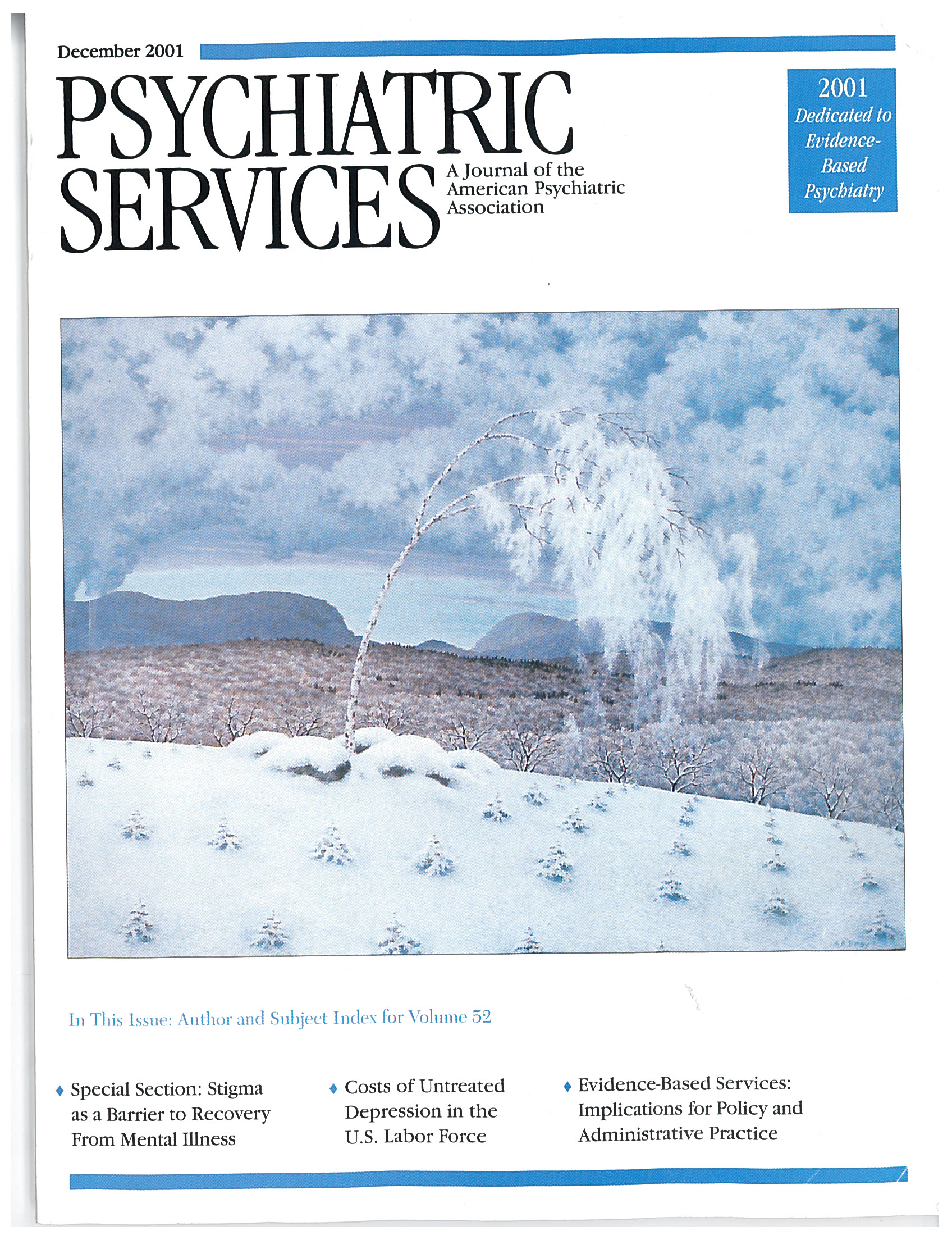Insight and Disability
To the Editor: In "Mental Illness and Changing Definitions of Disability Under the Americans With Disabilities Act" in the May issue (1), attorneys Petrila and Brink illustrate well how the U.S. Supreme Court's 1999 amendment to the Americans With Disabilities Act (ADA) has affected the ability of persons with disabilities to meet criteria for protection under this act. The amendment required that illnesses contributing to disabilities be evaluated in their "corrected state." The authors not only provided an excellent synopsis of the ADA and its history but also described important issues raised for persons whose disabilities are the result of mental illness.
However, the authors failed to comment on the unique contribution of insight—and lack thereof—in the treatment and management of mental illness. They point out that persons with mental illness may refuse to take medications because of actual or perceived adverse effects. Individuals who refuse medications may fail to experience the corrected state of their illness. They may therefore continue to be disabled yet be denied ADA protection. However, a primary reason for refusing to take medications is the patient's denial of illness and lack of insight into the need for medication and treatment. This aspect of mental illness makes the recent amendments to the ADA most discriminatory to the mentally ill population.
Dr. Sigmund is medical director of posttraumatic stress disorder programs at the Dayton (Ohio) Veterans Affairs Medical Center.
1. Petrila J, Brink T: Mental illness and changing definitions of disability under the Americans With Disabilities Act. Psychiatric Services 52:626-630, 2001Link, Google Scholar



